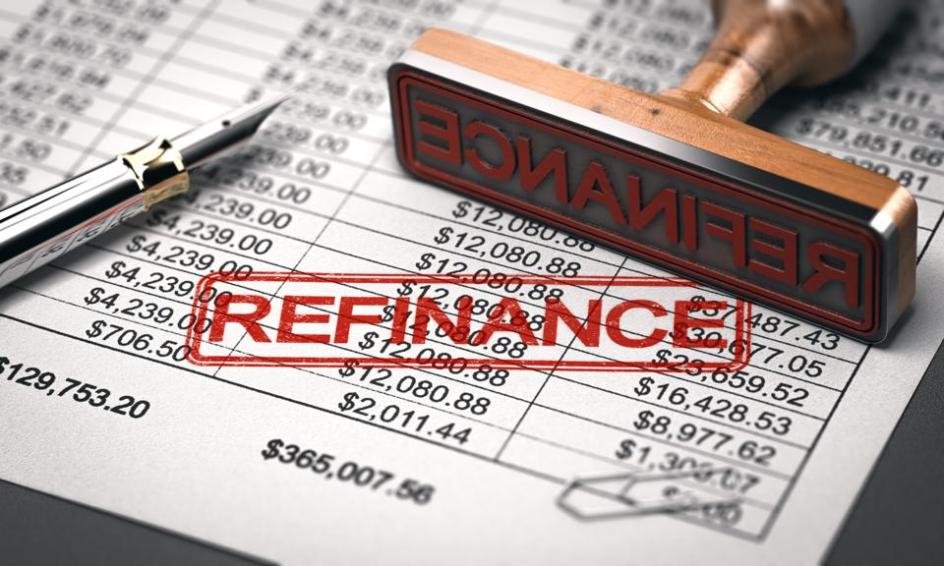How Can I Get the Best Interest Rate on My Refinancing Loan?
Refinancing a mortgage can be a smart financial move, allowing homeowners to secure a lower interest rate, reduce monthly payments, and save money over the life of the loan. However, obtaining the best possible interest rate is crucial to maximizing the benefits of refinancing. This article provides a comprehensive guide to help you secure the most favorable interest rate on your refinancing loan.

Factors Influencing Interest Rates:
Credit Score:
Your credit score is a key factor that lenders consider when determining your interest rate. A higher credit score typically translates to a lower interest rate. To improve your credit score, consider the following tips:
- Pay your bills on time, every time.
- Reduce your debt and maintain a low credit utilization ratio.
- Dispute any errors on your credit report.
Loan-to-Value (LTV) Ratio:
The LTV ratio compares the amount you owe on your mortgage to the appraised value of your home. A lower LTV ratio (more equity in the home) typically leads to a lower interest rate.
Debt-to-Income (DTI) Ratio:
The DTI ratio measures your monthly debt payments relative to your gross income. A lower DTI ratio indicates a lower risk to lenders and can result in a more favorable interest rate. To lower your DTI ratio, consider increasing your income or reducing your debt.
Steps To Get The Best Interest Rate:
Shop Around And Compare Rates:

Don't settle for the first interest rate you're offered. Shop around and compare rates from multiple lenders. Utilize online comparison tools and contact lenders directly to gather quotes.
Consider A Shorter Loan Term:
A shorter loan term often results in a lower interest rate. However, keep in mind that a shorter loan term also means higher monthly payments.
Choose The Right Loan Type:
Compare fixed-rate and adjustable-rate mortgages (ARMs). Fixed-rate mortgages offer stability, while ARMs may provide lower initial rates but can fluctuate over time.
Consider Adding A Co-Signer Or Collateral:
Having a co-signer or adding collateral to your loan application can sometimes help you secure a lower interest rate. However, weigh the risks and responsibilities associated with these options carefully.
Improve Your Credit Score:
If you have time before refinancing, take steps to improve your credit score. This can include paying down debt, disputing errors on your credit report, and maintaining a low credit utilization ratio.
Additional Tips For Securing A Favorable Interest Rate:
Lock In Your Rate:
Once you find a favorable interest rate, consider locking it in to protect yourself from potential rate increases.
Negotiate With Your Lender:
Don't be afraid to negotiate with your lender for a better interest rate. Be prepared to provide documentation supporting your financial strength and creditworthiness.
Consider Energy-Efficient Upgrades:
Some lenders offer lower interest rates to borrowers who make energy-efficient upgrades to their homes. Consider installing solar panels, energy-efficient appliances, or other upgrades that can reduce your energy consumption.
Securing the best possible interest rate on your refinancing loan can save you thousands of dollars over the life of the loan. By following the steps and tips outlined in this article, you can increase your chances of obtaining a favorable interest rate and making your refinancing experience a success.
YesNo

Leave a Reply